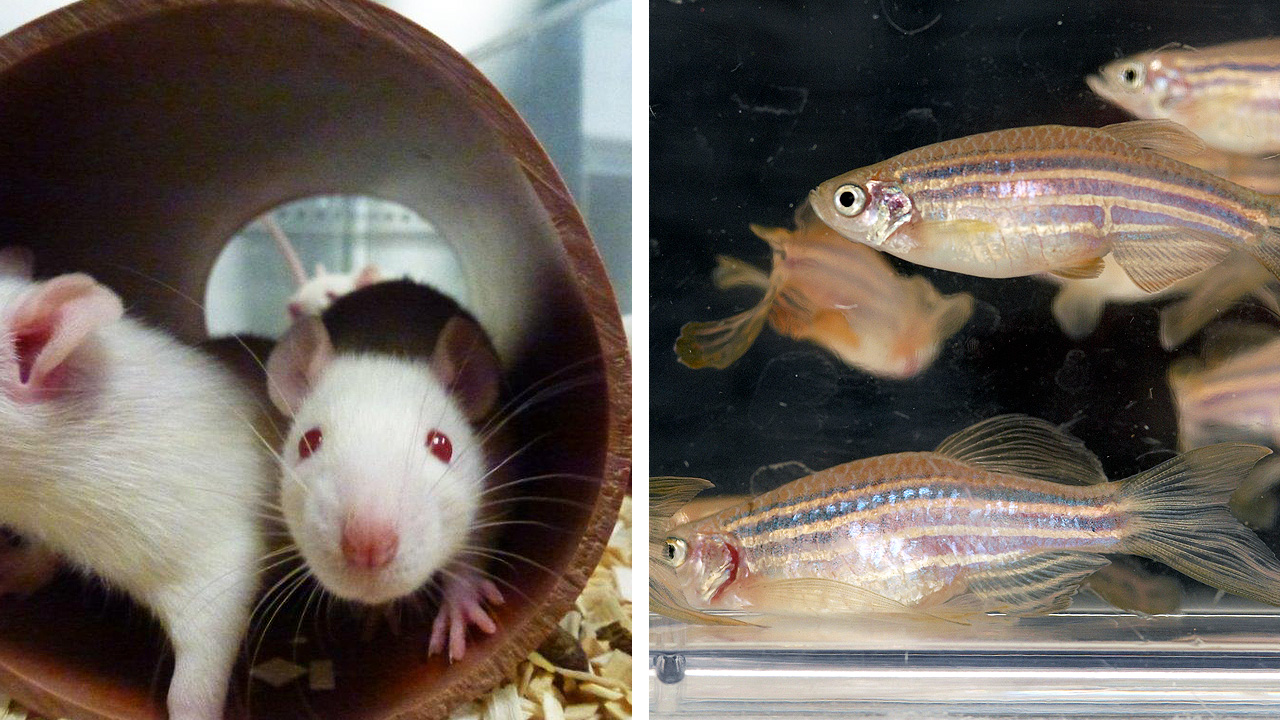Accessing the Research Integrity Training

Learn about new updates to the Research Integrity training and find out how to access and complete the course.
News and service updates about research integrity and ethics.

Learn about new updates to the Research Integrity training and find out how to access and complete the course.

This open house will take place every 2nd Wednesday of every month (except August) from 12.15 to 1.15pm.
The UK Research Integrity Office (UKRIO) guidance aimed at helping researchers use artificial intelligence responsibly in their work.
Dates of REC meetings and associated deadlines for Ethical Form submissions.
Researchers working with human tissue must complete this form to comply with the Human Tissue Act (2004) and HTA Codes of Practice.
Ethics@Bath has been updated following feedback. See below for key changes and how they may affect you.
Our statement on research integrity and ethics and advice to help you carry out ethically responsible research.

What you need to do as part of your research project to make sure your research complies with our ethical principles.
What research integrity means to us and how we make sure our research continues to meet the highest standards.
Find out who to contact if you have a question about our research integrity and ethics.
Essential information and documents provided by Research Councils and other public or professional bodies.
The University's annual statement sets out our actions and initiatives to sustain and enhance the integrity of our research for the 2023/24 academic year.
Read more about the University's previous statements on the integrity of our research.
Details of processes that need to be followed and training available.

Find out about Ethics@Bath, the new online system for submitting and reviewing research ethics application forms.
Training on research ethics and the online ethics system.
Recording of the research ethics session provided by UKRIO. Please use the timestamp table to navigate through the session or find topics more relevant to you.
In order to be compliant with the HTA we need to ensure that all researchers working with human samples are appropriately trained.
The codes of practice, policies, and procedures that guide and inform our research activities.
Principles and standards that you must adhere to if you are involved in research at the University of Bath.
The principles that outline our approach to research assessment and management, including the responsible use of quantitative indicators.
Our procedure for inquiring into allegations of misconduct in research and scholarship.
Read more about the University's previous statements on the integrity of our research.
Find out about ethics and integrity in our animal research.

How we approach research involving animals, including regulations we follow, our ethical review process and the animal species we use in our research.

This guide outlines the process of applying for research Sponsorship from the University of Bath.

Frequently asked questions about our animal research activities and the impact on animals.
See more details of the type and scale of our animal research.
This checklist is aimed at researchers seeking ethical approval for research involving human participants.